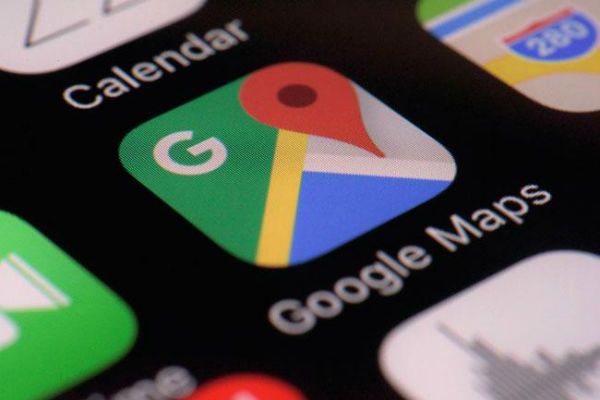A group of product testers called Quartz, as reported by the Phone Arena page. They have just discovered that Google’s Location History is not limited to knowing where we are at each moment. That, of course: activating the location in our terminal gives the Internet giant the possibility to track us at all times. They also know where we are going. And according to them, they do this to offer us relevant information. Such as the traffic situation or duration time towards objectives.
Google wants to know where you are
And to get evidence, the tester team connects several mobile devices. Such as a Samsung Galaxy S8, a Pixel 2 and a Motorola Moto Z Droid to a portable WiFi to record everything. All SIM cards get out from the devices, and only the information by Google’s location history remains into account. The network requests records while the team walked with the transmission kit through stores, restaurants, etc.
It turns out that the transmissions to the location history reflected much more data outside the simple location of the user:
- A list listed with the types of movements that your phone thinks you might be doing, by probability. (for example, walking: 51%, bicycle: 4%, in-vehicle: 3%)
- The barometric pressure
- Whether or not you are connected to wifi
- The MAC address – which is a unique identifier – of the wifi access point to which it is connected
- Again, the MAC address, the signal strength, and the frequency of each Wi-Fi access point nearby
- And again the MAC address, identifier, type and two measurements of signal strength of each Bluetooth beacon nearby
- The battery charge level of the phone and whether the phone is charging or not
- The voltage of the battery
- The GPS coordinates of your phone and the precision of those coordinates
- GPS elevation and its accuracy of use
Google washes his hands about it
In the future, this data collection could be used by Google for purposes that we can not even imagine. The Electronic Frontier Foundation, a private company that is responsible for ensuring the privacy of users. Has stated that the mere fact that Google can reach us through our Bluetooth, even if it is turned off, would have to sound all the alarms. To avoid this last point, apart from the obvious thing to deactivate the location history, it would be to eliminate the automatic scanning of Bluetooth networks in the settings of our terminal.
Phone Arena contacted Google to declare something about it, keeping the company at its thirteen :
“With the user’s sole permission, Google uses Location History to get better results and recommendations about Google products. For example, predict traffic conditions on usual routes, see photos grouped by locations. To know new recommended places based on the sites we have previously visited or located a phone that we have lost or stolen. Location History is something optional for the user. And, at any time, he can edit and remove any content from it, and even disable it completely. “
If the user wishes to edit or delete their Location History, they only have to enter this web page enabled by Google for such purposes.
